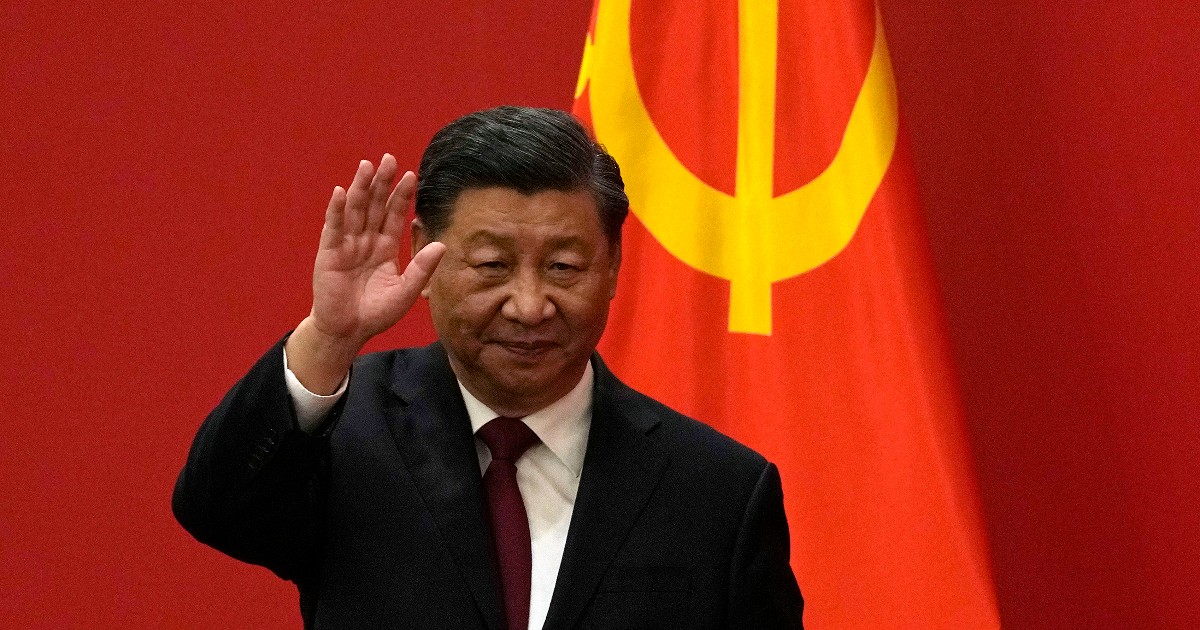last week theIran and theSaudi Arabia agreed to re-establish diplomatic relations at a summit at Beijing. Diplomatic action between the two countries began two years ago, when former Iraqi prime minister Mustafa Al-Kadimi organized some preparatory meetings, and the most recent meetings in Oman they are a continuation of the previous ones. The most interesting part of the story isn’t necessarily the deal itself, but the role of China as a mediator between the two parties.
This is not China’s first foray onto the Middle East scene: late last year the first Chinese-Arab summit in Riyadh highlighted China’s strategy of engagement with Gulf countries to build a shared future. The pro-Gulf position adopted by the Chinese president Xi Jinpingwhich attended the summit, was clear in relation to Iran in the joint statement issued by Saudi Arabia and China, in which both sides agreed on the need to strengthen the cooperation to ensure the peaceful nature of the Islamic Republic’s nuclear program. Both called on Iran to cooperate with the International Atomic Energy Agency and “maintain the non-proliferation and emphasize respect for the principles of good neighborliness and non-interference in the internal affairs of states”.
The Chinese have also made statements on other issues in the region. on Yemen, the Chinese president praised the Saudi initiative to end the war and acknowledged its efforts and initiatives to encourage dialogue between Yemeni sides. On the United Arab Emirates affirmed full support for all peaceful efforts, including the country’s initiative and efforts to achieve a peaceful solution to the three-island issue.
These positions have played an important role in China’s gaining the trust of the people Gulf countries as an effective broker, who can exert productive pressure on Iran. Timing is particularly important as Iran is suffering on all levels, economically, socially and politically, giving China more flu to influence Iranian policies.
Iran’s main threat today comes not from Saudi Arabia, but from Israel. After the US withdrawal from the nuclear deal and the implementation of the sanctions against Iran, the country suffered from a severe economic crisis. More recently, Iran’s involvement in the war in Ukraine with the supply of drones to Russia has created a situation of pressure on Iran by the EU, NATO and the US. Those who believed in the need to return to the Iranian nuclear deal found themselves in a position difficile to defend Iran, and they have lost a lot of support at least in Europe.
While for Saudi Arabia it is obvious that the country is adopting a new strategic approach based on avoiding direct conflicts and focusing on diplomacy and internal development for future prosperity. Above all, this requires stability, suggesting that the situation in Yemen risks becoming chronic. These developments also indicate that both Iran and Saudi Arabia have no interest in maintaining an open conflict, including Iran which needs to reduce the risks of escalation from its neighbors and make it more difficult for Israel to plead direct attacks against Iran.
The agreement between Saudis and Iranians it’s a loss for Israel, which has built its new foreign policy in recent years by leveraging the threat from Iran to align itself with Arab countries facing the same threat from Iran. This rapprochement between Saudi Arabia and Iran could make it more difficult for Israel to recruit Gulf countries for its campaign, as the shared threat is handled directly and diplomatically. While the deal may not change the level of security risk between Israel and Iran, there could be some political opportunity for reconciliation in theaters where the two powers are at war, including Lebanon, Syria, Iraq and Yemen.
The appearance of the Chinese in this political arena is new, as they have traditionally limited their efforts to economic cooperation. Because the safety is the basis of this agreement, the people involved on the Chinese side were mostly security experts rather than politicians or diplomats. The US response to these developments will be watched closely. While they should support the outcome, they will be seen with suspected as China has been the mediator of a security issue and will cause concern about the loss of control of the security domain in the region and globally.
